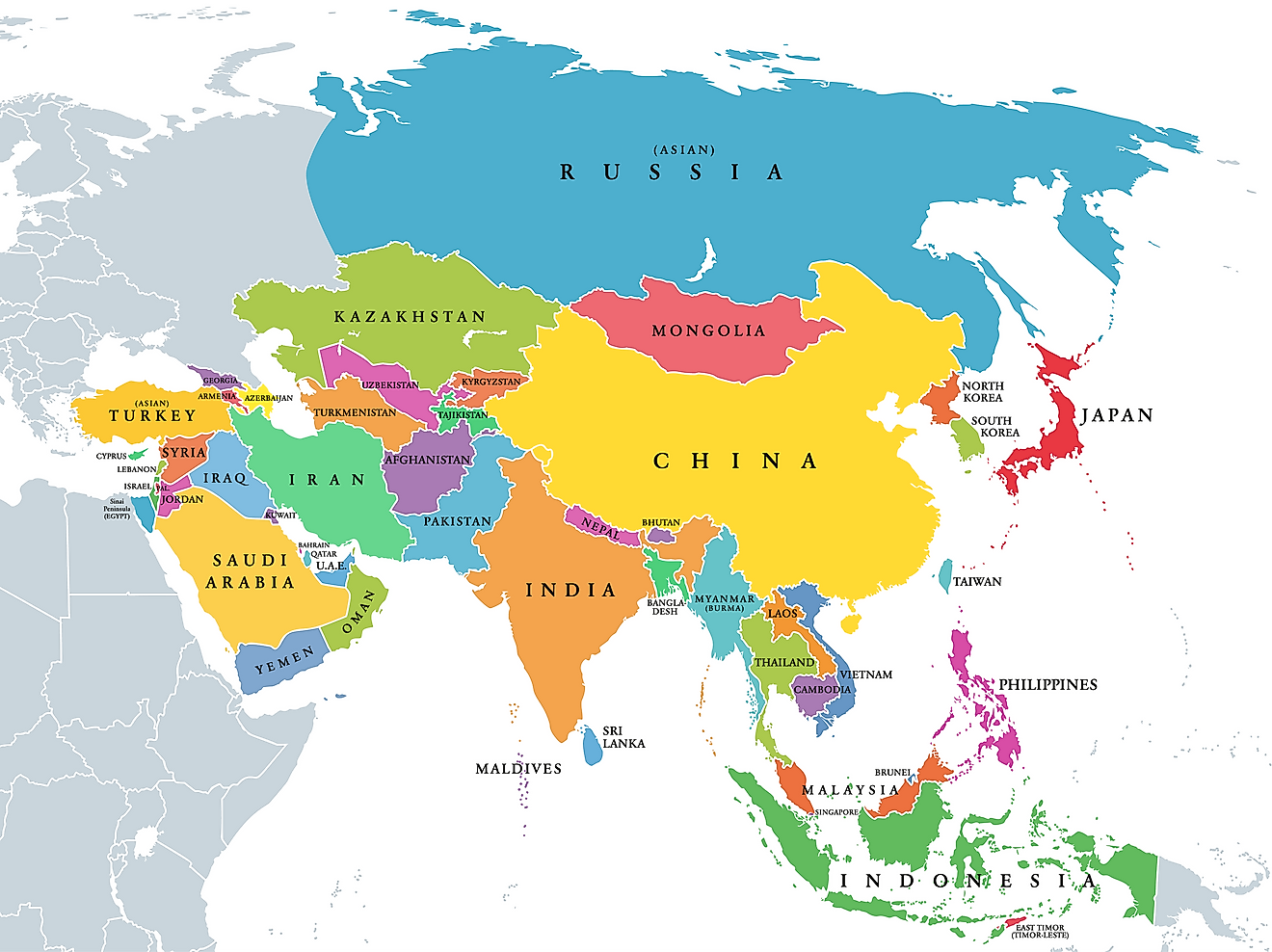Biggest Stock Exchanges In The World

A Stock Exchange is a facility where people can buy or sell stocks, bonds, and securities through brokers and traders. Most often the traditional Exchange floor is where the selling and buying take place. However, modern trading is now also done through electronic networks for its speed and lesser cost. This means dark pools, electronic communication networks, and alternative trading systems are also being utilized as trading locales. Buyers and sellers are called stock investors who may profit or lose capital depending on whether there is a bull or bear market, respectively. Stock Exchanges are usually preferred by investors for transparency.
Large Stock Exchanges By Region
Giants of North America
Wall Street is the financial capital of the US. It influences major markets throughout the financial world and the world economy. The world's two largest stock exchanges lie only minutes apart in New York City, United States. The New York Stock Exchange founded on May 17, 1792, is the world's biggest stock exchange in trader value and has a capitalization of $19.223 Trillion USD. It is one of two stock exchanges owned by Intercontinental Exchange. Notable market events have included the 1929 Wall Street Crash, the 1987 Black Tuesday, and the 1997 mini-crash. Second on the list is the tech-heavy NASDAQ founded on February 4, 1971, also in New York, with a market capitalization of $6.831 Trillion. It is owned by NASDAQ, Inc, and first exchange to use electronic system in trading. Ninth is the TMX Group in Canada founded on May 1, 2008 with a market capitalization of $1.939 Trillion. It also owns Montreal Exchange, NGX, TSX Alpha Exchange, and several other exchanges. Notable market events have included the 2008 TMX Group being founded after acquisition of Montreal Exchange by TSX Group.
Asian Hubs for Stock Trading
Fourth is the Japan Exchange Group in Japan founded on January 1, 2013 with a market capitalization of $4.485 Trillion. It was formed with the merger of the Osaka Securities Stock Exchange and the Tokyo Stock Exchange. Notable market events have included the 2013 JPX was launched. Fifth on the list is the Shanghai Stock Exchange in China re-established on November 26, 1990 after a 41 year hiatus. with a market capitalization of $3.986 Trillion. Notable market events have included the 1891 founding of the first Chinese stock exchange, the 1904 registering of it as Shanghai Stock Exchange, in 1941 when it stopped operations due to Japanese occupation, and the 1949 closing during the Chinese Revolution. Sixth is the Hong Kong Stock Exchange in Hong Kong (SAR China founded in 1891 with a market capitalization of $3.325 Trillion. It is owned by Hong Kong Exchanges and Clearing. Notable market events have included the 1914 renaming of it as the Hong Kong Stock Exchange, and the 2000 HK Exchanges and Clearing acquisition of the HK stock Exchange. Eighth is the Shenzhen Stock Exchange in China founded on December 1, 1990 with a market capitalization of $2.285 Trillion. It also owns a tech exchange, ChiNext, founded on October 23rd, 2009.
Exchange Centers of Europe
Third on the list is the London Stock Exchange Group in the United Kingdom and Italy founded on 1801 and has a capitalization of $6.187 Trillion. Notable market events have included the 2007 acquisition of Borsa Italiana, the 2009 acquisition of Millennium Information Technologies, Ltd., and the 2011 merger with TMX Group. Seventh is the Euronext, United Kingdom, Belgium, Portugal, France, and the Netherlands founded on September 22, 2000 and with a market capitalization of $3.321 Trillion. Notable market events have included the 2007 merger with NYSE, the 2013 International Exchange acquisition of NYSE Euronext, and the 2014 Euronext IPO. Tenth is the Deutsche Borse AG in Germany founded in 1992 with a market capitalization of $1.762 Trillion. It runs the Frankfurt Stock Exchange and the Scoach. It is located in Frankfurt.
Financial, Geopolitical, and Socioeconomic Importance of Stock Exchanges
The stock exchanges in developed countries, as well as those exchanges in developing countries, serve as barometers of where the national economy is likely headed. Moreover, the largest stock exchanges play an important part in the world economy. The stock exchange is a source of funding for national and international projects that are needed for the economic development of many developing countries. In developing countries, the stock exchanges are also in the development stages but the stock exchanges in the developed countries are mature and are the major supporters of the country's economy. Financial market growth equals higher standards of living as well as create more jobs for the country's population. Mature financial markets aid in funding international projects that benefit many countries as a whole. This funding alleviates poverty and illiteracy as well.
Biggest Stock Exchanges In The World
| Rank | Stock Exchange, Country | Market Capitalization Value of Shares in 2015 (USD) |
|---|---|---|
| 1 | New York Stock Exchange, United States | $19.223 Trillion |
| 2 | NASDAQ, United States | $6.831 Trillion |
| 3 | London Stock Exchange Group, United Kingdom and Italy | $6.187 Trillion |
| 4 | Japan Exchange Group, Japan | $4.485 Trillion |
| 5 | Shanghai Stock Exchange, China | $3.986 Trillion |
| 6 | Hong Kong Stock Exchange, Hong Kong (SAR China) | $3.325 Trillion |
| 7 | Euronext, United Kingdom, Belgium, Portugal, France, and the Netherlands | $3.321 Trillion |
| 8 | Shenzhen Stock Exchange, China | $2.285 Trillion |
| 9 | TMX Group, Canada | $1.939 Trillion |
| 10 | Deutsche Borse AG, Germany | $1.762 Trillion |











